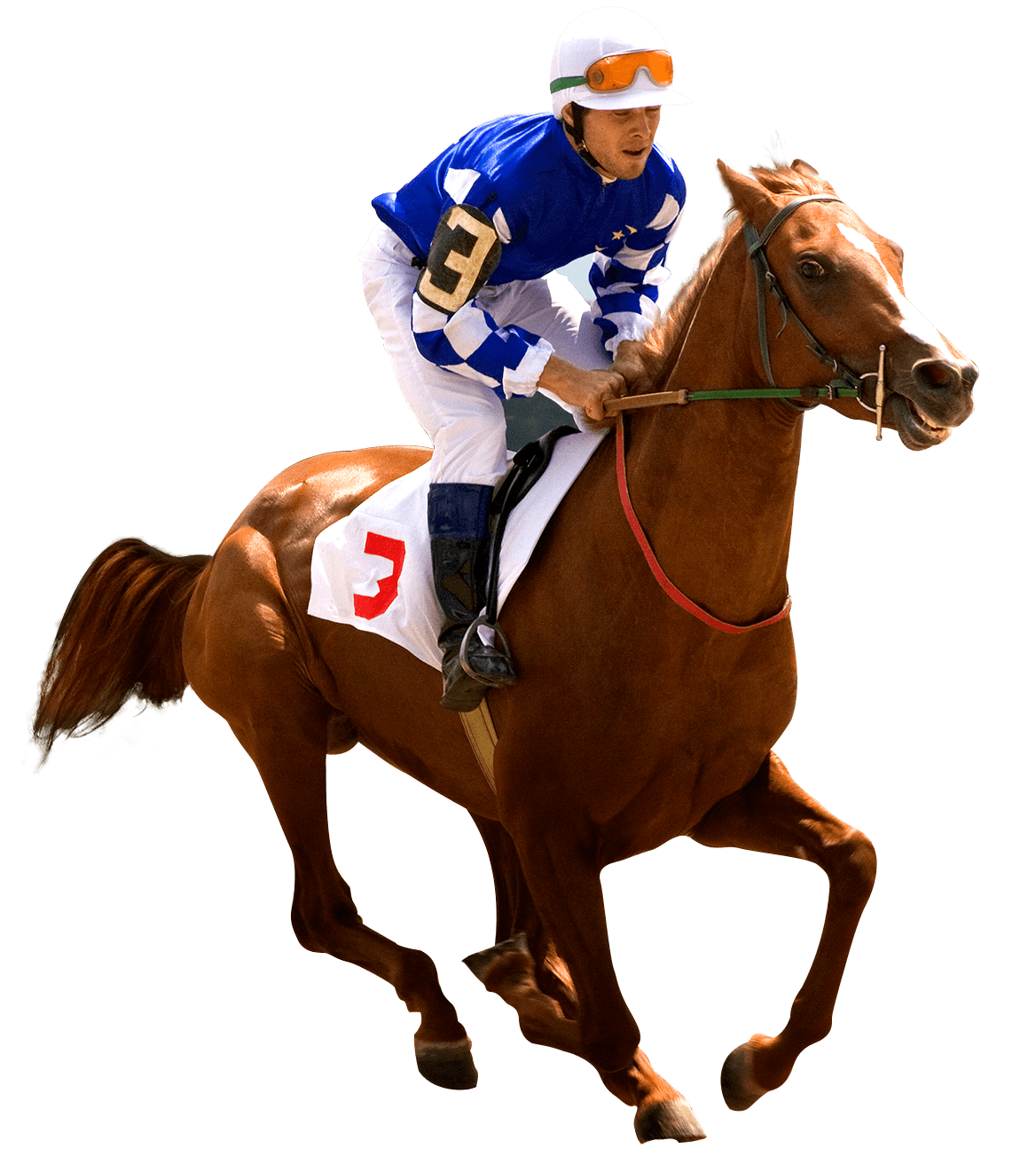The Cesarewitch Handicap is a famous British flat race hosted annually at Newmarket Racecourse in mid-October as a part of the Future Champions Festival. Although the biggest part of the Cesarewitch race (as it is known simply in the racing community) takes place on Newmarket's regular race course, the final mile is run on the racecourse's famous Rowley Mile which lends some historical flavour to this great event. Along with the Cambridgeshire Handicap, the Cesarewitch forms the Autumn Double. Often referred to as 'the Grand National' of flat racing, this event is one of the most highly anticipated of the festival.
The Cesarewitch makes for an especially thrilling event, because it usually sports a huge field of runners. The maximum number of starters allowed on the track is an impressive 34, making the Cesarewitch one of the highlights during the Newmarket Future Champions Festival. The race is open to thoroughbred racehorses aged three years and older and runs over a distance of two miles and two furlongs on a right-handed course. As for the weight requirement, each horse is required to carry a different load at the discretion of the handicapper. The more talented the horse, the heavier the weight requirement.
location: Newmarket Racecourse
grade: Group 1
race type: Flat race
The Cesarewitch was inaugurated in 1839 and has been running continuously ever since. It is named after Tsesarevich Alexander, who became later known as Tsar Alexander II. He made a generous donation of £300 to the Jockey Club, which was quite a gesture in the early 1800s. Combined with the Cambridgeshire Handicap, the Cesarewitch forms the Autumn Double at Newmarket. Both handicaps are run two weeks apart each year with the Cesarewitch following the Cambridgeshire.
Both races offered a purse amounting to £160,000 until 2012 until that changed in 2013 when the Cesarewitch almost doubled that amount to £250,000. The Cambridgeshire still offers £160,000 to date. Below are the winners for the past decade.
With almost 200 years of history behind the Cesarewitch, it is no surprise that the race has seen its fair share of horse racing legends (as of 2017) .
The thoroughbred with the fastest time of 3m: 45.59sec is the 2017 winner Withhold.
Superstar jockey Lester Piggott rode several winners in the Cesarewitch, including John Cherry in 1976and Popsi's Joy in 1980. However, the most successful Cesarewitch jockey of all time is currently Doug Smith, who rode six winners at the event between 1939 and 1966.
The most successful thoroughbred in the history of the race is Aaim To Prosper who is the only horse to claim a double win in 2010 and 2012.
The record for most successful trainer is currently a tie between William Day and Matthew Dawson. Each has four wins from 1853-1881 and 1863-1886 respectively.
The longest-priced victors are Audrey (1861) and Charlie's Mount (1924) with odds of 100/1 each.
The shortest-priced winner is 5/6 favourite Artless who won the race in 1859.
Below are a few of the most thrilling moments in the recent history of this Autumn Double flat race (as of 2017) .

The 2017 race provided one of the greatest moments in its history, as the course record that existed for 70 years was broken by mediocre flat racer Withhold. The thoroughbred currently has only 3 wins from 10 starts with total career earnings of£169,157. The lion's share of it is due to the Cesarewitch Handicap win.
Another record-making moment of the past decade came in the form of Aaim To Proper's double win in 2010 and 2012. The 2010 win was achieved narrowly by a neck against a field of 32. The thoroughbred was given odds of 16/1. Two years later, Aaim To Prosper thrilled spectators by winning again by half a length despite 66/1 odds. Not only did he set a record for most wins, but he is also the longest odds winner, apart from 66/1 shot Scatter Dice (2013), for the latter part of the 19th century.
Halling won the 1994 race as part of a successful career with five additional Group one wins later on including a 1996 Prix d'lspahan and double victories in both the Coral-Eclipse and the International Stakes from 1995-1996. With 12 wins from 18 starts and total career earnings of £1.3 million, Halling is arguably one of the best horses to win the race in modern times.
In 2004, Spanish Don won the race against all expectations becoming the second 100/1 no-hoper to win the Cambridgeshire Handicap since Pullover in 1932. While this handicap rarely results in an entirely expected outcome, both of these wins made for some of the most thrilling moments in the history of the race.